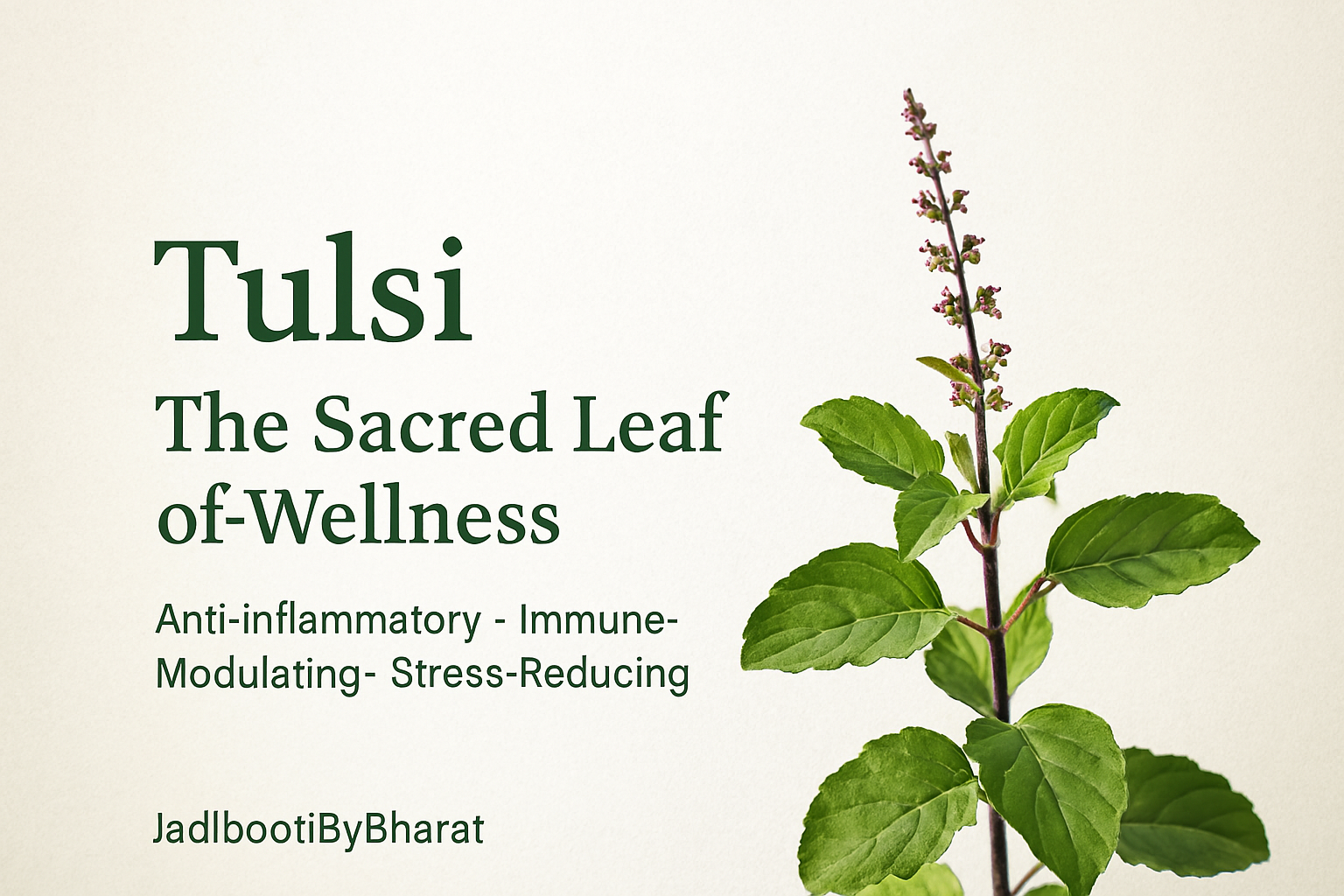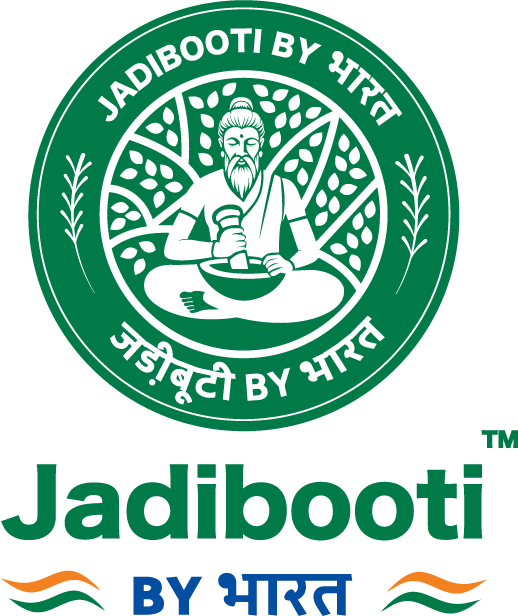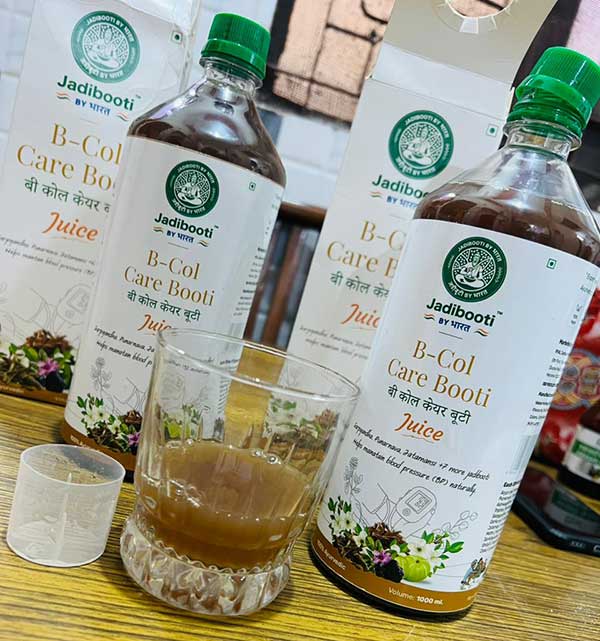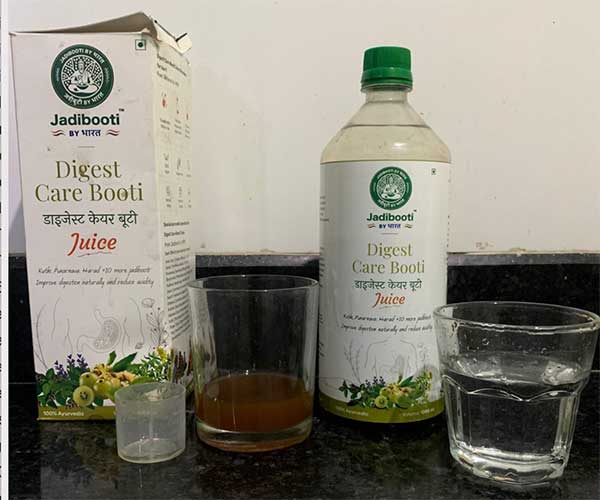
Tulsi benifits
Anti-inflammatory • Immune-Modulating • Stress-Reducing
In the heart of every Ayurvedic kitchen garden, one herb stands tall—not just in stature, but in spiritual and therapeutic significance. Tulsi, or Holy Basil, isn’t just a plant. It’s a ritual, a remedy, and a revered symbol of vitality.
What Makes Tulsi So Powerful?
Tulsi (Ocimum sanctum) is classified as a rasayana in Ayurveda—a rejuvenative herb that nourishes both body and mind. Its unique phytochemical profile includes:
-
Eugenol – a potent anti-inflammatory compound
-
Rosmarinic acid – antioxidant and immune-supportive
-
Ocimumosides – adaptogenic agents that reduce cortisol levels
Together, these compounds make Tulsi a triple threat against inflammation, immune dysfunction, and stress overload.
Anti-Inflammatory Ally
Modern lifestyles are riddled with silent inflammation—from processed foods to environmental toxins. Tulsi acts as a natural buffer:
-
Reduces joint pain and swelling
-
Supports respiratory health in conditions like asthma and bronchitis
-
Calms gut inflammation, aiding digestion
Whether brewed as tea or infused in oils, Tulsi’s soothing touch is deeply restorative.
Immune-Modulating Marvel
Unlike synthetic immune boosters that overstimulate, Tulsi modulates—bringing balance rather than brute force.
-
Enhances white blood cell activity
-
Fights bacterial, viral, and fungal infections
-
Supports recovery during seasonal flu or fatigue
It’s especially valuable in post-illness recovery blends or daily immunity tonics.
Stress-Reducing Adaptogen
In Ayurveda, stress isn’t just mental—it’s a disruption of prana, the life force. Tulsi restores this flow:
-
Lowers cortisol and adrenaline spikes
-
Promotes mental clarity and emotional resilience
-
Supports restful sleep and balanced energy
A cup of Tulsi tea at dusk isn’t just calming—it’s ceremonial.
















